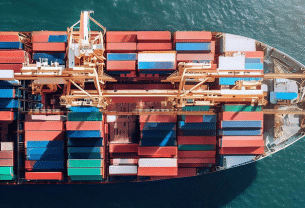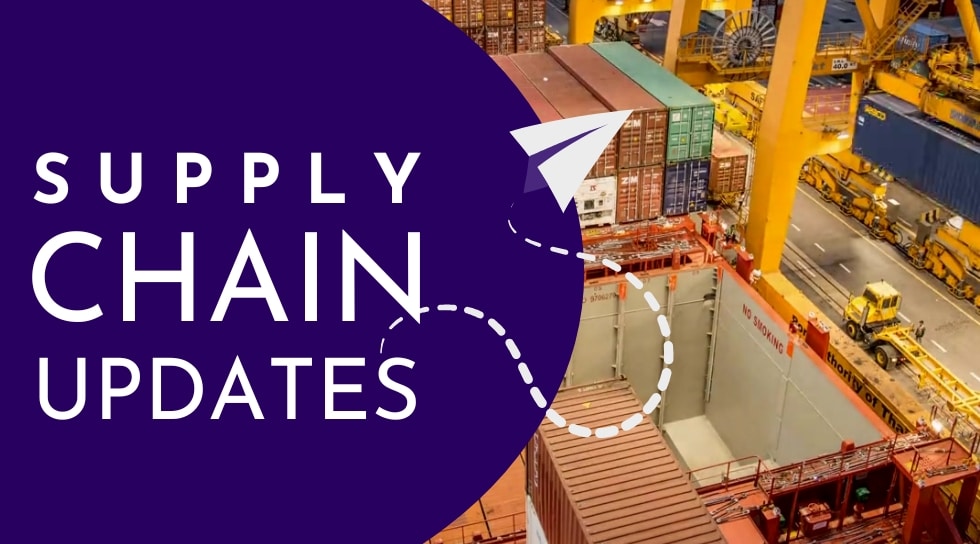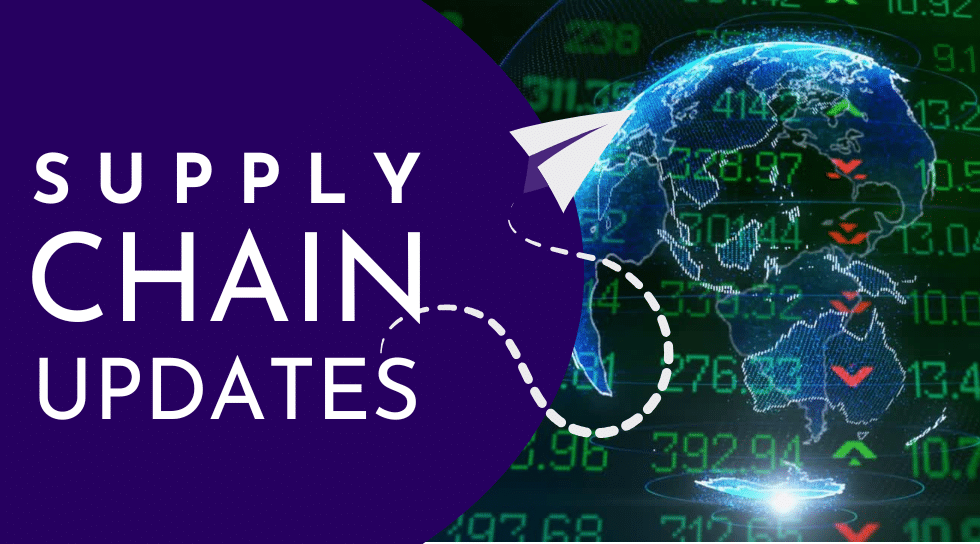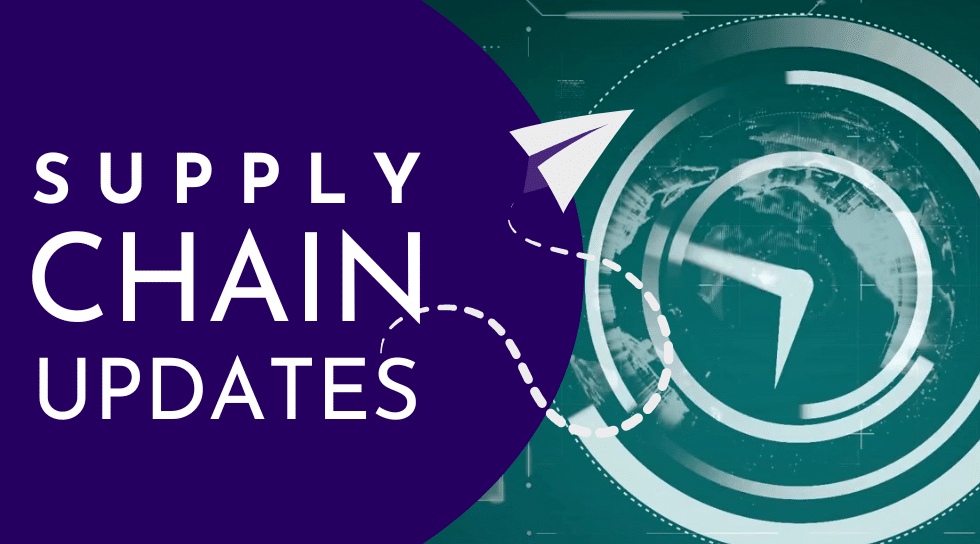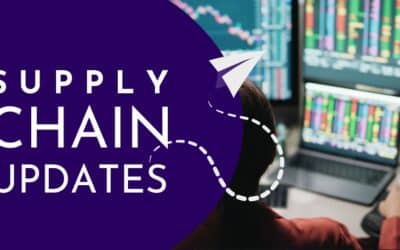Key Dates:
- 1 October: Section 232 tariffs take effect on pharmaceuticals, heavy trucks, household cabinets/vanities, and upholstered furniture.
- 4 October: Section 301 vessel fees take effect (starting at $120/container, increasing to $250 by 2028)
- 5 November: Supreme Court hearing on reciprocal tariffs
- 29 November: Expiration of Section 301 tariff exclusions
- New Section 232 Tariffs:
- Pharmaceuticals: 100% tariff on branded and patented drugs, unless the manufacturer is actively building facilities in the U.S.
- Heavy Trucks: 25% tariff
- Household Cabinets and Bathroom Vanities: 50% tariff
- Upholstered Furniture: 30% tariff
- Investigations remain open for lumber, semiconductors, PPE, and robotics, with new measures anticipated in early November.
How Imperative Logistics Can Help You Navigate the Current Tariff & Trade Landscape
- Tariff & Customs Planning: Review entries affected by tariffs, catalog supporting documentation, and prepare for potential protests or refund claims once CBP guidance is released.
- Tariff Compliance & Product Assessment: Break out metal vs non-metal content in derivative products (steel, aluminum, copper) to correctly allocate duties under Section 232 versus reciprocal IEEPA tariffs.
- Strategic Shipment Timing & Routing: We can advise on optimal shipment timing and trade-lane strategies to minimize exposure to upcoming tariffs, Section 301 vessel fees, and other regulatory changes.
- Supply Chain Scenario Planning: Assess the impact of current and potential tariffs on sourcing, inventory, and continuity, enabling proactive adjustments to maintain operations and reduce cost risk.
View the latest Tariff Information:
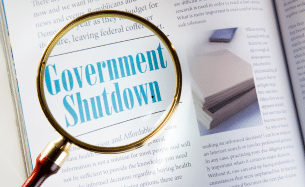
The government shutdown is expected to strain supply chains as federal staffing cuts slow inspections and cargo clearance at ports and borders.
We’ll help you by monitoring carriers, adjusting schedules, and prioritizing alternate routing or expedited options to minimize customer disruptions.
The UN Trade and Development (UNCTAD) reports growing volatility in the global shipping industry due to new tariffs.
While transport through the Red Sea remains restricted, we continue executing shipments to and from Red Sea ports. Contact us to discuss tailored solutions for your cargo needs.


The U.S. Commerce Department has launched Section 232 investigations into medical equipment, robotics, and industrial machinery imports.
We help importers manage potential tariffs through shipment review, compliance guidance, and strategic routing.
A cyberattack halted Jaguar Land Rover’s UK production for weeks. This has affected over 100,000 workers in the supply chain.
We offer mission-critical services and secure handling to ensure continuity, even when suppliers experience production interruptions.


A massive mud rush at Indonesia’s Grasberg copper mine halted operations and disrupted global copper output.
Importers sourcing copper or copper-intensive goods may face shortages or supply delays.
New tariffs on imported furniture are expected to lead to higher prices for consumers and could disrupt the furniture industry.
We help importers navigate these changes by optimizing shipment timing, exploring alternative sourcing strategies.
